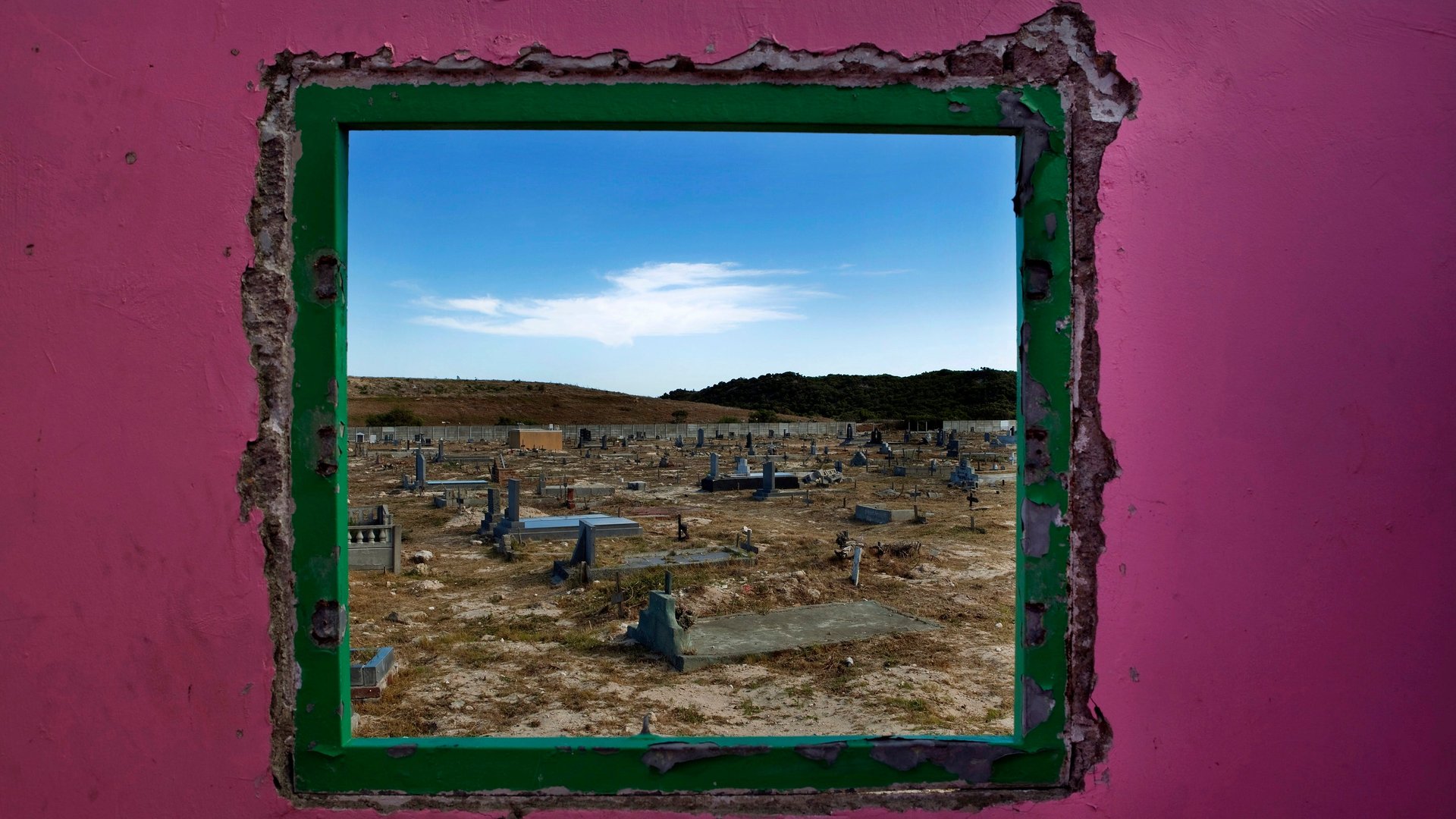South Africa’s outdated patent laws are standing in the way of affordable, lifesaving drugs
The drug used to treat hepatitis B costs more than 10 times as much in South Africa as it does in India.


The drug used to treat hepatitis B costs more than 10 times as much in South Africa as it does in India.
Protests in Pretoria on Sept. 27 sought to highlight the exorbitant prices of many lifesaving drugs in the country. They lay the blame on medical patent laws that allow drug companies to charge full price for medication that can be purchased for much less in other parts of the world. The hepatitis B treatment, for instance, costs about $400 in South Africa, compared to just $35 in India.
The group marched to the Department of Trade and Industry to demand that the ministry enact the Doha Declaration on Public Health that allows developing countries to license or import drugs without the permission of patent-owners.
As a member of the World Trade Organization, South African patent law should be updated to include the declaration, but the government has been moving slowly to do so. Only this year did South Africa begin the process of reforming its 1978 patent law (pdf) to take advantage of the declaration.
The group of activists behind the Fix the Patent Law campaign include practitioners ranging from fields like HIV/AIDS treatment, women’s reproductive health, cancer treatment, and mental health. They plan to submit their own recommendations to the Department of Trade and Industry in the hope that it will speed up the bureaucratic process.
“Currently people are suffering and dying because medicines for cancer, hepatitis, tuberculosis, mental health, and many other diseases are too expensive,” said Nkhensani Mavasa, National Chairperson of the Treatment Action Campaign, an HIV/AIDS activist group that is also part of the campaign. “While we won the fight for first line HIV medicines, we lost the battle for almost all other medicines.”
HIV activists were previously successful campaigning against patents for antiretroviral treatment patents, which led to a 96% decrease in the cost of basic treatment since 2000. Where it once cost $10,000 a year to treat someone with HIV/AIDS, it now costs $67, according to South Africa’s health minister Aaron Motsoaledi, who has openly criticized drug companies for their high prices. Motsoaledi wants the gains made in HIV treatment to apply to non-communicable diseases and tuberculosis.
Earlier this year, Motsoaledi described the cost of cancer drugs as “devilishly unaffordable.” Alarmed by the increasing prevalence of cancer, Motsoaledi urged parliament to act to stop further price increases. In his speech Motsoaledi listed drug prices that are far beyond the reach of the average South African: Breast cancer medication costs as much as 500,000 rand ($36,468) a year, and between 204,000 rand ($14,879) and 832,000 rand ($60,682) for strains of drug-resistant tuberculosis.
“If no drastic action is taken today, we are going to be counting body bags like we are at war,” Motsoaledi said.